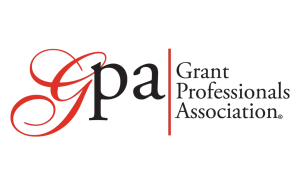Nonprofits are solid citizens of the private sector, but they are engaged with the public sector in many important ways. The connection starts at birth. Nonprofits are created by state laws and (to win tax-exemption) have to be certified by the Internal Revenue Service (IRS).
Thousands of organizations enter into contracts and other relationships with government agencies and approximately 80% of nonprofit revenue come from governments at all levels. Then there are taxes that nonprofits don’t have to pay — potential public revenue that is not collected, in exchange for the social benefits delivered by the organizations.
Another level of engagement is nonprofit advocacy, getting involved in campaigns or initiatives that affect public policy. Advocacy is allowed, even some direct lobbying, and these activities often bring nonprofits into close contact with local, state or federal agencies and policymakers. But, a 501(c)(3) is not allowed to take part in a political campaign on behalf of any candidate for public office.
Finally, many organizations deal with public agencies in the form of licenses and certificates and authorizations and credentials issued by the government.
Why does this matter to nonprofit board members, staff and donors? First, it matters because their work is woven into the lives of people who are affected by public policy. Human and social services, economic development, education, health care — nonprofits in these fields are delivering programs to people who have to navigate a regulated and governed society. “Most nonprofits do not have clients who are independent of what the law encourages or prohibits,” said Thomas Boyd, chief editorial consultant for The Grantsmanship Center in Los Angeles, Calif.
It matters because philanthropic funding for nonprofits has to be filtered through more laws. There are categories of foundations; IRS codes; payout provisions; tax deductions; requirements about documentation and records and permissions to solicit—smart nonprofits keep themselves up to date on these, or at a minimum, devote a day or two every so often to review them.
It matters, too, because the field of play keeps shifting and evolving. From municipal ordinances to Supreme Court rulings, politics and government are inextricably intertwined. What was absolutely certain and predictable a few years ago is now much more volatile and fluid. Large national nonprofits make themselves heard on these changes and shifts; smaller, local nonprofits might consider how they can also have a voice and not settle for being carried in and out on the tide. © Copyright 2022 The Grantsmanship Center











